At this very moment, there are dozens of hormones whisking throughout our bodies carrying out various tasks like supporting energy, burning fat, stabilizing body temperature, regulating the menstrual cycle and sex drive, and keeping our adrenals in check.
When hormones are balanced and working optimally, we feel clear-minded, active, happy, and are in generally good health. All is well and we couldn’t possibly feel any better than we do in this moment of pure and balanced bliss.
However, times have changed. Our environments are full of invisible threats like hormone-disrupting chemicals, phyto and xenoestrogens, genetically modified foods, and other forms of toxins that get into our bodies and disrupt hormonal balance.
In fact, it is believed that 1 in 8 women will experience hormonal imbalance in her lifetime; a battle that storms the body in the form of everything from PCOS, thyroid disorders like Graves' disease and Hashimoto's, infertility, chronic acne, and debilitating PMS.
Men are also at risk for hormone imbalance and it’s estimated that 13.8 million American men suffer from mental fatigue, anxiety, depression, decreased libido, erectile dysfunction, loss of muscle mass, increased belly fat, brain fog, and “man boobs” as a result of plummeting testosterone levels.
The fact of the matter is, we are all susceptible to hormonal imbalance. If you’re feeling like your periods are trying to kill you, you get sick often, wake up frequently at night, lash out at others, or have intense sugar cravings, it may be high time to get your hormone levels checked! And that’s not even close to a definitive list of symptoms that may be telling you that something’s out of whack.
How I Figured out my Hormone Imbalance Once and for All and How You Can Too!
Hormones are pretty dang complicated and I spent years thinking I could just plug in my symptoms and do a bit of research to get to the bottom of things, but I couldn’t be further from the truth!
You see, there are so many levels of interconnectedness within our own bodies that it can be nearly impossible to determine exactly what’s going on hormonally. Sure, there are always going to be common factors for certain health conditions, but on the whole, guessing which hormones are too low or too high is tricky business.
I tried so many supplements, herbs, and other methods trying to figure out what the heck is wrong with me. When nothing seemed to be making an impact on my health, I knew I had to take it a step further- getting some actual tests done.
EverlyWell and their Women’s Health and Fertility Test
One perk about being a health and wellness blogger is that you have a lot of friends who are also health and wellness bloggers who know a thing or two about all sorts of tests. I had heard a while back about one such blogger friend mention how she had tried an at-home food sensitivity test by a company called EverlyWell.
Her insight was intriguing at the time but it was only until recently that I really started looking into what else this company had to offer. Lo’ and behold they have quite a few at-home tests to choose from (including a fertility blood test)and all of them are high quality, super easy to interpret, and supported by certified labs (ZRT) and physicians.
So far, they offer the following at-home tests:
• Food Sensitivity Test
• Thyroid Test
• Metabolism Test
• Testosterone Test
• Men’s Health Test
• Breast Milk DHA Test
• Women’s Health and Fertility Test
• Vitamin D and Inflammation Test
• Vitamin D Test
• Cholesterol and Lipids Test
• Heavy Metals Test
• Sleep and Stress Test
• HbA1c test
• STD Test – Male
• STD Test – Female
You can get 15% off your purchase of any EverlyWell test/tests through my link HERE.
I chose to go with the Women’s Health and Fertility test because it tests all of the thyroid hormones as well as a few others.
Here are the hormones the Women's health and Fertility test covers, what each hormone does, and common imbalances/treatments:
• Cortisol (tested via saliva)
Despite all the flack it gets, cortisol is still an extremely important adrenal hormone that maintains homeostasis in the body. It is responsible for regulating or modulating the many changes that occur in the body in response to stress including but not limited to blood sugar levels, immune system response, inflammation, blood pressure, blood vessel contraction, and even the clarity of our skin.
You may be more familiar with its influence on the “fight or flight” mode and how it affects health and well-being when chronic stress takes root in the body. (source)
Cortisol is supercritical for optimal health, but when stress starts becoming chronic and the body starts pumping out excess cortisol, it’s time to step back and focus on stress-relieving tactics like scheduling more downtime in your day, getting enough meaningful rest, and increasing relaxing activities in order to restore cortisol balance.
• DHEA aka Dehydroepiandrosterone (tested via blood spot)
DHEA is the most abundant steroid hormone in the body, acting as a precursor to anabolic hormones like testosterone and estrogen and is necessary for protein building and repair. Abnormalities in DHEA levels directly affect estrogen and testosterone levels which directly affects fertility. (source)
Other symptoms of low DHEA levels include:
o Depression
o Dry eyes, skin, and hair
o Elevated anxiety and stress levels
o Erectile dysfunction
o Exhaustion
o Heightened sound sensitivity
o Loss of pubic hair
o Mood swings
o Muscle mass loss
o Noticeable decrease in sex drive
o Pain in joints
o Problems with memory
o Trouble sleeping
A diet that includes high-quality healthy fats is essential in order to produce DHEA. Doing weight lifting and other types of muscle-building exercise also helps stimulate the production of DHEA. Stress is known to suppress its production.
• Estradiol (tested via blood spot)
Estradiol (E2) is the main type of estrogen and the primary female sex hormone. It affects all female reproductive functions as well as other systems like bone density. Estradiol is considered to be one of the most important hormones for female reproductive health and sexual function including but not limited to libido, fertility, mood, and physical comfort. (source)
Estradiol levels are influenced by the percentage of fat stored in the body since estrogen itself is produced in the body’s fat tissue from testosterone.
Symptoms of low estrogen include:
o An increase in urinary tract infections (UTIs) due to a thinning of the urethra
o Breast tenderness
o Depression
o Fatigue
o Headaches or accentuation of pre-existing migraines
o Hot flashes
o Irregular or absent periods
o Mood swings
o Painful sex due to a lack of vaginal lubrication
o Trouble concentrating
(source)
Symptoms of high estrogen include:
o Bloating
o Cold hands or feet
o Decreased sex drive
o Difficulty with memory
o Feeling tired or lacking energy
o Fibrocystic developments in the breast
o Hair loss
o Headaches
o Increased symptoms of premenstrual syndrome or PMS
o Irregular menstrual periods
o Mood swings
o Swelling and tenderness in the breasts
o Trouble sleeping
o Weight gain
(source)
Eating more foods that contain phytoestrogens can help increase estrogen levels in the body.
These foods include:
o Cranberries, prunes, apricots
o Cruciferous vegetables like broccoli, cauliflower, cabbage, brussel sprouts, kale, etc.
o Flaxseeds
o Herbs like oregano, red clover, black cohosh, sage, licorice root, maca, ashwagandha, shatavari, dong quai, etc. (source)
o Legumes like soybeans, peas, pinto beans, etc.
o Whole grains
To lower excess estrogen all one needs to do is raise progesterone which can be done by using progesterone cream.
• Free T3 and Free T4 (tested via blood spot)
The thyroid gland produces two types of active hormones, T3 and T4. Significantly more T4 is made than T3, yet T3 has a much stronger effect. T3 is also produced by certain organs and tissues in the body. While these hormones are typically attached to a protein and inactive, the “free” active forms of T3 and T4 influence our metabolism. High or low activity of either of these hormones can indicate menstrual and ovulatory abnormalities. (source)
Overtly low or high levels of thyroid activity can indicate autoimmunity and should be monitored under the guidance of your physician.
• FSH (tested via blood spot)
FSH or Follicle-Stimulating Hormone is produced by the brain in the anterior pituitary gland and affects reproduction by stimulating eggs in the ovary to mature. This maturing egg, which is known as the follicle, stimulates the production of estradiol which then signals the brain to decrease FSH production. Having abnormalities with FSH can often cause infertility and estrogen imbalance. FSH works alongside LH and is responsible for regulating the reproductive process. (source)
Having a diet rich in fatty acids, minerals, and anti-oxidants can greatly support balanced FSH levels.
• LH (tested via blood spot)
LH or Luteinizing Hormone is also produced by the brain in the anterior pituitary gland and stimulates ovulation and the formation of the egg (aka the corpeus luteum) to be potentially fertilized. LH works synergistically with FSH. (source)
In men, LH stimulates the production of testosterone, the main hormone responsible for muscle production and fat metabolism in women.
• Progesterone (tested via blood spot)
Progesterone plays a major role in both the menstrual cycle and during pregnancy. Since it is often converted into other sex and stress hormones, having abnormal levels of progesterone can have a substantial effect on the brain, mood, and overall mental health. (source)
Reducing both mental and physical stress and supplementing with B6, magnesium, and Zinc can help support the production of more progesterone.
• Progesterone/Estradiol Ratio (tested via blood spot)
All hormones must maintain a delicate balance and the same can be said for the progesterone and estradiol ratio.
When progesterone is low in relation to estrogen, your ratio goes lower and is termed “estrogen dominance” since you have a progesterone deficiency in relation to your estrogen levels.
When progesterone is high in relation to estrogen, then it is termed “progesterone dominance” and suggests an estrogen deficiency in relation to progesterone. This is one of the imbalances I have which was really surprising to find out.
Symptoms of progesterone deficiency include:
o Anxiety
o Depression
o Hot flashes
o Irritability
o Low libido
o Menopausal symptoms
o Menstrual problems (short, heavy, long, irregular)
o Migraines
o Mood swings
o Nervousness
o PMS
Symptoms of estrogen deficiency include:
o Anxiety
o Bloating
o Brain fog
o Chronic fatigue
o Depression
o Difficulty falling asleep
o Forgetfulness
o Hot flashes
o Increased joint pain
o Low libido
o Mood swings
o Night sweats
o Reduced stamina
o Temperature swings
o Weight gain
Bringing the progesterone/estradiol ratio back into balance means increasing the hormone you are deficient in which thankfully, can be done by natural means.
To raise progesterone, a progesterone cream like this one can be used for half the menstrual cycle every month and will gently increase progesterone levels.
For estrogen, herbs like ashwagandha, shatavari, and maca root can be taken in order to help boost estrogen naturally. There is also an estrogen cream that can be used to raise estrogen levels which I may consider using.
• Testosterone (tested via saliva)
Testosterone is produced by the adrenal glands, the testes in men, and the ovaries in women. It influences the burning of fat and the building of muscle which is why it is so much easier for men to gain muscle than women.
While higher testosterone levels are essential for men’s health, having a high level of testosterone in women can lead to a whole slew of issues.
Symptoms of high testosterone in women include:
o Blood sugar disorders
o Cystic acne
o Excess body hair growth
o Heart disease
o High blood pressure
o High cholesterol
o Infertility
o Insulin resistance
o Irregular or absent periods
o PCOS
Low levels of testosterone in women cause:
o Aggravated hot flashes
o Bone loss
o Fatigue
o Irregular periods (caused by excessive dieting)
o Low libido
o Pituitary conditions
• TPOab (tested via blood spot)
TPOab or Thyroid Peroxidase antibodies are antibodies that bind to thyroid enzymes and suppress thyroid function. The detection of these antibodies through a hormone test in the setting of low or high thyroid function may indicate an autoimmune disorder like Graves’ disease or Hashimoto’s. If this is the case, your immune system is making these antibodies that mistakenly attack the thyroid gland and cause inflammation and impaired function of the thyroid.
However, some people with TPOab present may not have thyroid disease but they may indicate a greater risk of developing future thyroid disorders.
In general, you would want your TPOab levels to be as LOW as possible. Many labs will have different thresholds for measuring these antibodies, but I think a rule of thumb is to pay attention to ANY levels that may be present.
My levels are at a 35 which is just outside the slightly elevated comfort of < 30. The lab that EverlyWell uses (ZRT) has a normal threshold of < 75. However, according to a lot of reading I’ve done, having ANY sort of antibody activity against your thyroid is reason enough to pay very close attention and try to get them lowered if possible.
Following an autoimmune diet, avoiding food allergies (which you can learn about by doing EverlyWell’s Food Sensitivity Test), balancing low testosterone levels, and healing your gut are a few of the best things you can do to lower TPO antibodies or keep them from increasing.
• TSH aka Thyroid Stimulating Hormone (tested via blood spot)
High TSH levels can signify low thyroid function, or hypothyroidism, while low TSH can indicate high thyroid function or hyperthyroidism.
Each form has been shown to interfere with the menstrual cycle, energy levels, and weight management.
Symptoms of high TSH levels (aka underactive/low/hypothyroidism) include:
o Abnormal menstrual cycles
o Coarse, dry hair
o Cold intolerance (you can't tolerate cold temperatures like those around you)
o Constipation
o Decreased libido
o Depression
o Dry, rough pale skin
o Fatigue
o Hair loss
o Irritability
o Memory loss
o Muscle cramps and frequent muscle aches
o Weakness
o Weight gain or increased difficulty losing weight
You can help naturally decrease your TSH levels by avoiding cruciferous vegetables, gluten, and foods that contain phytoestrogens. You can also increase your selenium and iodine levels if permitted by a physician.
Symptoms of low TSH levels (aka overactive/high/hyperthyroidism) includes:
o An enlarged thyroid gland (goiter), which may appear as a swelling at the base of your neck
o Changes in bowel patterns, especially more frequent bowel movements
o Changes in menstrual patterns
o Difficulty sleeping
o Fatigue, muscle weakness
o Fine, brittle hair
o Increased appetite
o Increased sensitivity to heat
o Nervousness, anxiety, and irritability
o Rapid heartbeat (tachycardia) — commonly more than 100 beats a minute — irregular heartbeat (arrhythmia) or pounding of your heart (palpitations)
o Skin thinning
o Sudden weight loss, even when your appetite and the amount and type of food you eat remain the same or even increase
o Sweating
o Tremor — usually a fine trembling in your hands and fingers
You can increase TSH levels by taking lemon balm 3x daily to help prevent antibodies from attaching to the thyroid gland. You can also supplement with a food-based b-complex to help reduce symptoms of hyperthyroidism and by increasing your intake of cruciferous vegetables.
NOTE
As with any hormonal imbalance, it is extremely important that you gather as much information as possible and also speak with your physician to make sure that any abnormalities you may have are not life-threatening.
Hormones are responsible for too many crucial activities in order to sustain optimal health – even life itself. So please, do not blindly treat yourself. Get informed and get guidance!
My Experience using EverlyWell for Hormone Imbalance
As you can see, the Women’s Health and Fertility Test is a goldmine of information that you can get right in the comfort of your own home. It's probably one of the most thorough fertility blood tests I've seen online!
No more having to take time to go to the Doctor’s office and get blood drawn and no more getting scrutinized for wanting tests done they don’t think are necessary (don’t you just hate that?).
It was this type of experience with my own doctor that led me to find the answers I needed for myself. EverlyWell was able to do that for me by having these types of tests available that are accurate, easy to follow, and approved by an actual physician who independently ensures validity and reliability.
Now I can take my results to any medical practitioner I choose and they can see at a glance what my levels are for 11 different hormones and be able to prescribe treatment or further tests. I won’t have to feel awkward asking for them any longer!
Not only that, EverlyWell’s tests can be done for a fraction of the cost compared to tests done at the Doctor’s office and I was easily able to use my Health Savings Plan/Flexible Spending Account card to pay for it.
The only downside is that if you don’t have an HSA account, most insurance companies will not cover the cost of these tests. But like I said, I would rather pay EverlyWell’s prices than up to $1000 for a traditional lab visit for the same results.
The test itself was easy to do, especially since I spent some time carefully reading the instructions to make sure everything was in order for the sample collection days.
The test consists of two blood spot tests and four saliva ampules to be collected on different days; the first sample on day 3 of the menstrual cycle and the second set of samples on day 19-21 of the menstrual cycle. According to Everlywell, these time frames are established for luteal phase collection.
This is easy to figure out if you keep track of your periods since day 1 of your menstrual cycle is the first day of your period so it’s easy to calculate your sample days based on that. After doing so, I then set up a reminder for each sample day so that I could prepare for collection.
I recommend drinking a lot of water a few days leading up to your sample collection days to ensure an easy time getting your blood drop tests filled. I sort of failed to do this for the second collection day and had to lance two different fingers to get enough blood so just an FYI!
Here are what my results looked like:
When you are in your results panel, you will be able to click on each box to read further information on each hormone tested. Oh, and I forgot to mention that even though this particular test tasks several weeks to complete (since you need test samples on different days of your cycle), once you send it in you get your results within 5 business days! Pretty awesome!
Overall, I’m really pleased with the test because now know that I suffer from subclinical hyperthyroidism; something I would never have found out otherwise because my own doctor refused to get me tested for it.
If you’re in the same boat, I highly recommend giving EverlyWell a go. And, don’t forget that you can click here to get 15% off your order!
Have you ever gotten your hormones tested? What did you use and how was your experience?
You may also enjoy reading:
Seed Cycling for Hormone Balance
Can You Balance Hormones with Carrots? + a Recipe!
3 Steps to Improve your Female Hormonal Acne – Anyone Can do It!
How to Treat Hormonal Acne Naturally
Why You Should be Using Ashwagandha
Essential Oils for Fertility
The Best Herbs for Fertility in Women
The Best Herbs for Male Infertility
How to Boost Fertility with Essential Oils
Treat PCOS Naturally with Essential Oils
Resources:
Symptoms of Estrogen Deficiency
Approach to a Low TSH Level
Hyperthyroidism
4 Ways to Lower Luteinizing Hormone Naturally
FSH Levels and Your Fertility
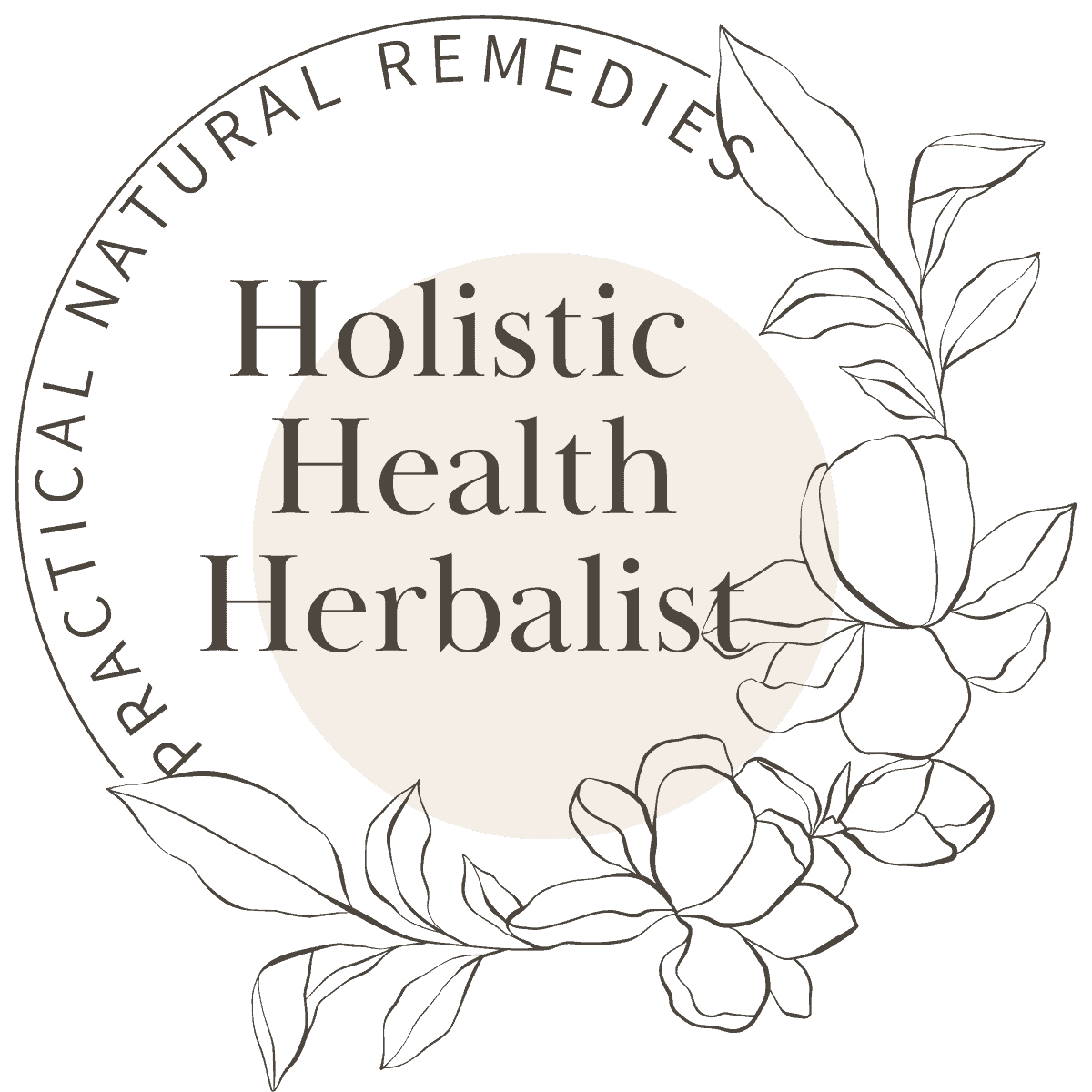

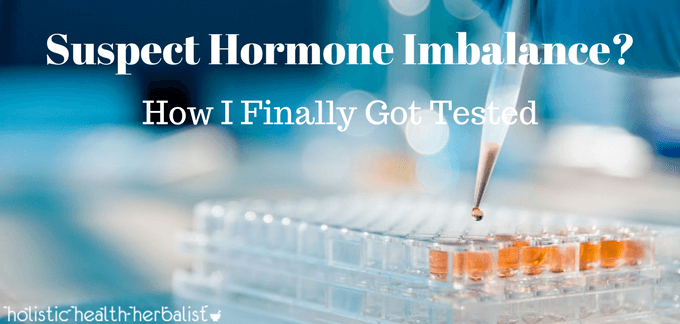

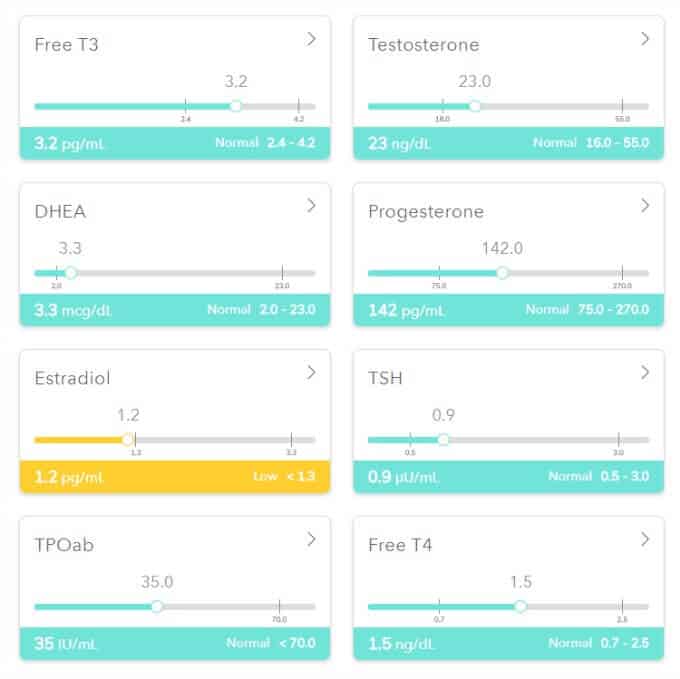
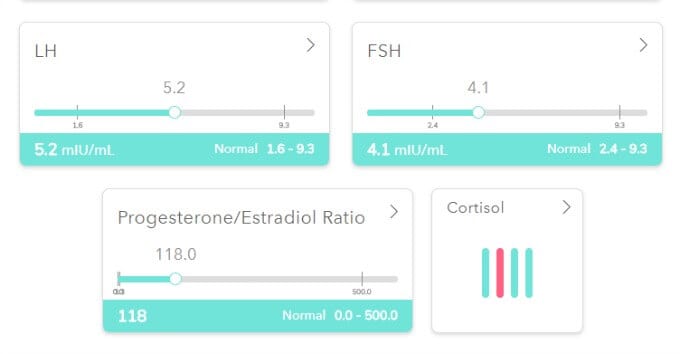
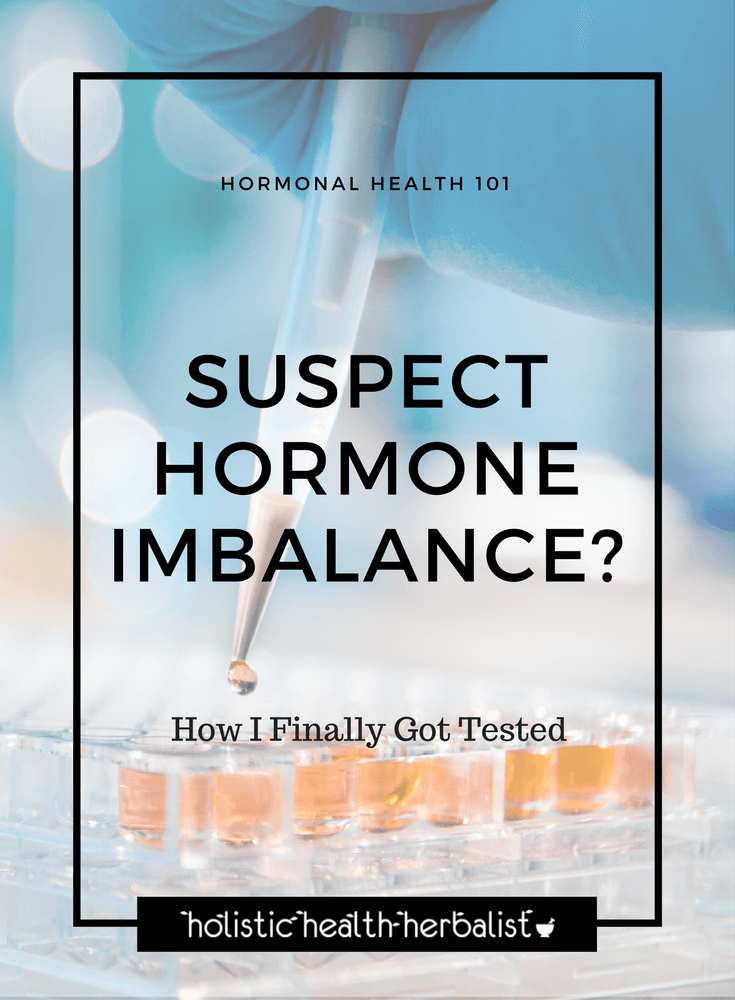

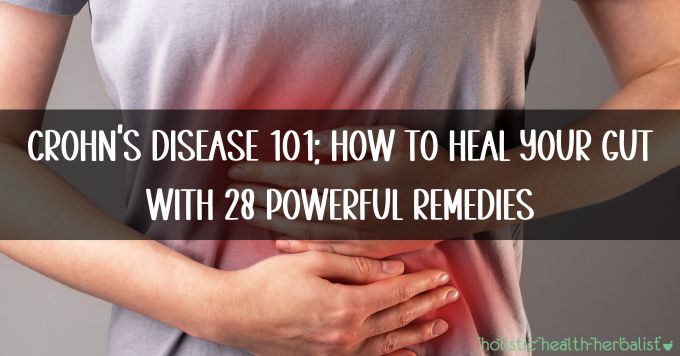
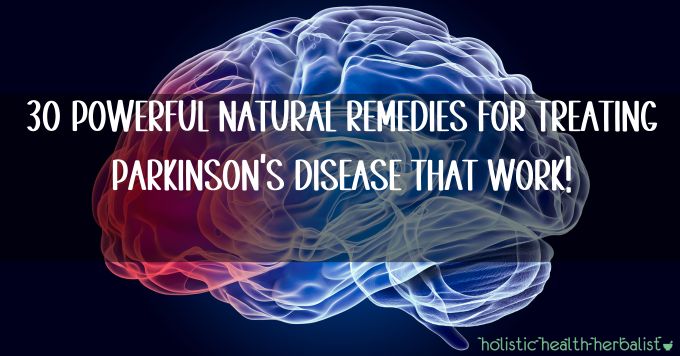
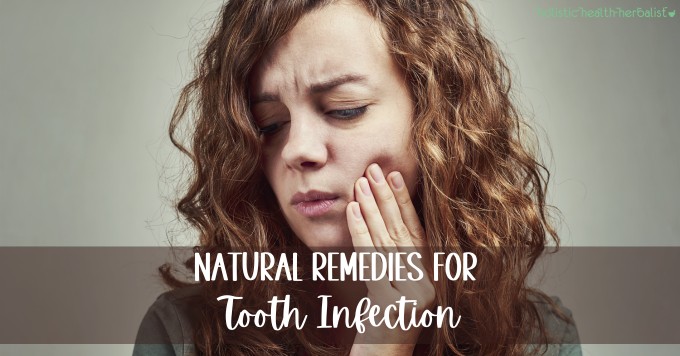
Balwinder Singh says
Enjoyed reading your stuff, it was really informative. Is there a way to get emails from your website for new articles, So that I can read every article you write.
Renee Duarte says
Hello my name is Renee.an. Iam all about holistic . I am looking for a natural remedy hormones imbalance
Tash says
Hi Renee!
This test is a fantastic way to pinpoint exactly which hormones are out of balance and takes away all the time you would spend guessing and experimenting. It's definitely worth the cost! 🙂
Michelle says
I had no idea there were at-home tests! This is awesome, thanks for sharing such an in-depth guide. I've been wanting to get my hormone levels tested for a while.
Tash says
You're welcome Michelle! Do let me know if you try out any of their tests 🙂